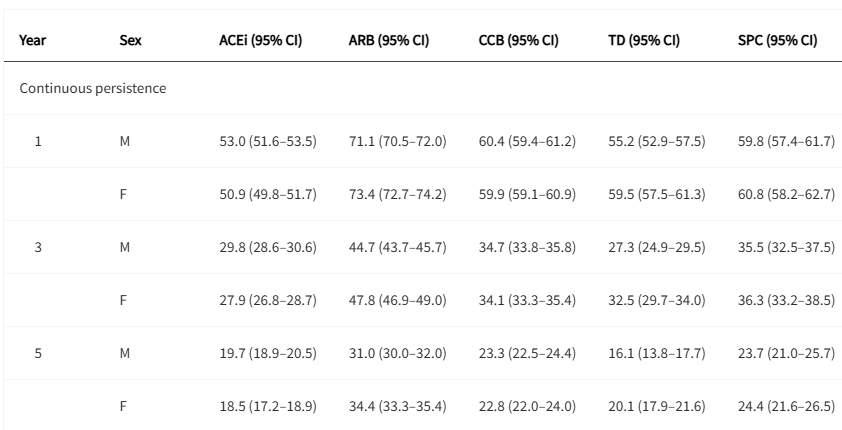There are expensive gambles we can make and none are in the forefront of cultural thought more than penalizing current businesses and subsidizing 'green' ones to protect the environment. California, with a deficit that can basically never be repaid and $100 billion in unfunded pension liabilities, still subsidizes hundreds of millions in green tech companies with no benefit to-date.
Pres. Obama thinks we should subsidize green companies also, to the tune of $2.3 billion in Recovery Act tax credits for green manufacturers.
Astrologers are feeling pretty good today. Because it's made up and not science, anything happening anywhere near a date they predict can be attribution, so talk of a 'supermoon' - a new or full moon at 90% of its closest perigee - followed by an earthquake in Japan makes them seem prescient.
Well, are they? The supermoon which will occur March 19 will be at its closest to Earth in elliptical orbit (lunar perigee) and closer to Earth than it has been in 18 years. How close is that? Only about 2 degrees so unless astrologers have the kind of measurement instruments no one outside NASA has, they can't detect it. Which means it isn't causing huge waves or earthquakes.
In case you were living under the science equivalent of a rock, the
Journal of Cosmology published a study by a NASA researcher stating, essentially, that fossilized bacteria had been found on Earth, but originating from outer space.
That was a bit of a stretch to anyone who thought about it. Holes in rocks can look like lots of things.
Regulatory DNA changes have made a huge impact on the evolution of human-specific traits. A study in the latest issue of Nature covers not just the usual stuff, like what has been added in evolution to make us distinctly 'human', but rather what was lost.
We're obviously different from animals and the researchers set out to find some molecular occurrences that are present in chimpanzees and other mammals but not in people - they found 583, which they call hCONDELs, 510 which were validated, mostly in nonfunctional DNA. One instance sure to catch attention is deletion of a penile spine enhancer from the human androgen receptor (AR) gene, a change correlated with a change in human anatomy - namely loss of penile spines.
It is impossible today to get a 'treaty' ratified that would cause America to obey CO2 limits set by any outside body, for a number of reasons. So Democrats in Congress have been trying to make CO2 the purview of the Environmental Protection Agency(EPA),
which gives it sweeping authority to regulate and penalize businesses.
Republicans, more skeptical than not on a CO2 basis for global warming, want that authority removed completely and have been trying to get the
Energy Tax Prevention Act of 2011 passed, which keeps the EPA from being able to unilaterally regulate American industry. So Democrats held a hearing to try and slow it down.
You've seen it everywhere by now -
Earth's sixth mass extinction: Is it almost here? and other articles discussing an article in Nature (471, 51–57 doi:10.1038/nature09678) claiming the end of the world is nigh. Hey, I like to live in important times. So do most people. And something so important it has only happened 5 times in 540 million years, well that is
really special. But is it real?
 Blood Pressure Medication Adherence May Not Be Cost, It May Be Annoyance At Defensive Medicine
Blood Pressure Medication Adherence May Not Be Cost, It May Be Annoyance At Defensive Medicine On January 5th, Don't Get Divorced Because Of Hallmark Movies
On January 5th, Don't Get Divorced Because Of Hallmark Movies Does Stress Make Holidate Sex More Likely?
Does Stress Make Holidate Sex More Likely? To Boomers, An AI Relationship Is Not Cheating
To Boomers, An AI Relationship Is Not Cheating







